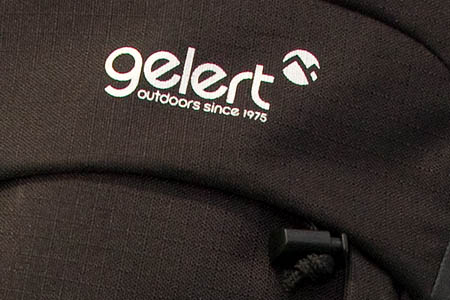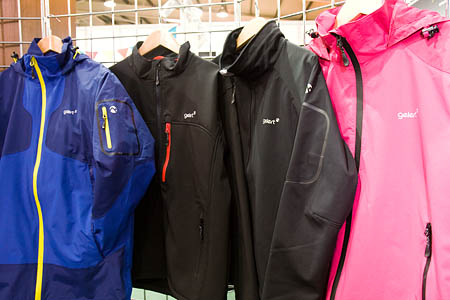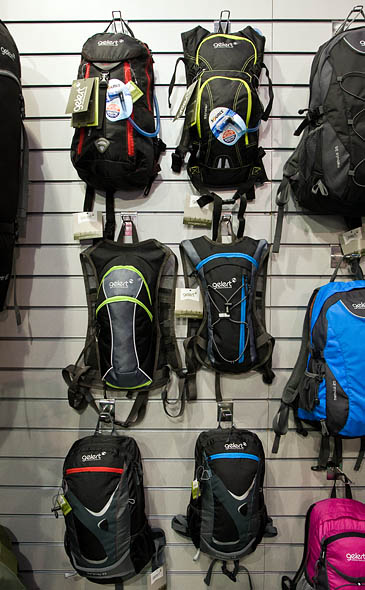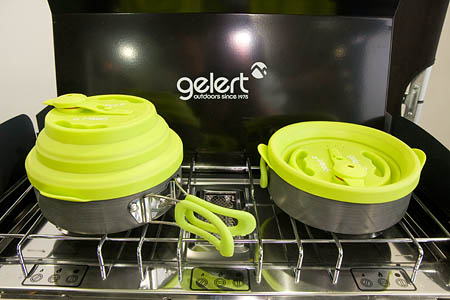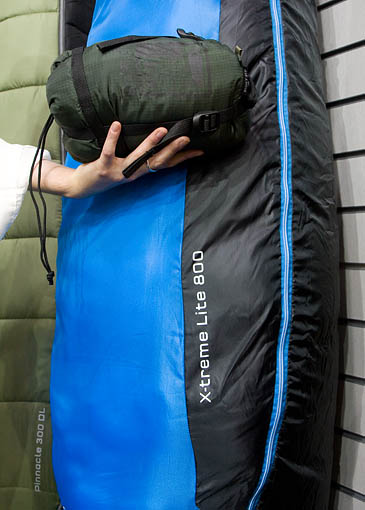Thirty-seven years ago, in a shed in the north Wales village of Bryncir, husband and wife team Alasdair and Jane Langdon started an outdoor gear company.
They chose to name their company after Gelert, the legendary faithful dog mistakenly slaughtered by Llewelyn, prince of Gwynedd.
By 2004, the Gelert company had expanded to the extent of building a new £4m distribution centre in Porthmadog and outgrowing even that building. 50 extra staff were promised to augment the 150 already employed.
Alasdair Langdon boasted: “We are now perceived as one of the biggest outdoor brands in the UK, offering quality and value for money products.”
Turnover had grown to £20m a year.
But by 2011 things had turned sour. Job losses at the Porthmadog centre, its eventual closure and a move to Widnes followed, with virtually all ties with north Wales cut.
The debt-crippled company was bought by retail chain Yeomans, which in turn found itself in difficulties. Investor Jason Granite, a specialist in ‘distressed companies’ snapped up the assets and the Gelert brand was looking into a chasm.
But the brand is back from the brink. A new chairman Alan Fort is in place. He’s another expert in turning round firms in trouble. “I go into businesses that need help,” he said, with understatement. He has been with Gelert since July last year and previously worked with Jessops, Dreams, the Savoy Group and Dorling Kindersley.
His new chief executive is Steve Bracewell, who has a background in sports brands.
Mr Fort said: “The largest shareholder will become HSBC. We’re heavily indebted to the bank, so the current management team is taking it forward. HSBC have been very supportive.
“We’ve started on the road to recovery. We’ve got a good team, a new sales team; lots of energy.
“We’re working extremely hard with decent processing looking after customers; it’s very customer focused and we’ll build products to support the customers.”
He explained why Gelert ended up in the state it did. “I think we described it as overexpansion; we didn’t focus on our brand; faced confusion in the marketplace.
“So where we’re going back to is taking the confusion out of the marketplace, focusing on the brand, focusing on our core customers and running the business to build the brand in the long term.”
Gelert has 850 products, aimed at family camping at the entry level of the market, going up to mid-level.
Steve Bracewell said: “We know exactly the positioning of the brand. That’s the key area to understand.
“The design is all in the UK; manufacturing is in the Far East. We develop UK products that are very close to the market. We’ve also got our own sourcing office in China, our own office, our own people, that allows us to control quality.
“We work closely with factories.”
Mr Fort added: “We can deal with the entry level, the trialist, but a lot of serious campers use all our kit.
“We offer high levels of functionality and value. “
The company now employs 122 people in Widnes and Haydock.
At the Outdoor Trade Show, it unveiled some of the products it hopes will find favour with old and new customers, including a fold-away whistling kettle which doubles as a pan. It has a silicone lid, removable whistle and silicone-coated, heat resistant handles. It retails at £20.
Gelert said it is looking at expanding its range to include a collapsible barbecue.
An entry-level tent for backpackers is on offer. More than 7,500 units of the Solo have been sold at a budget £49.99. The 1.6kg one-person tent has glass-fibre poles and a PU coated polyester fly sheet.
Still on budget camping, the Xtreme Lite sleeping bag range has a very compact 600, which weighs in at a predictable 600g. It offers comfort at 8.9C so is really aimed at summer expeditions, but its small size means it could also be used as an emergency item with, say, a plastic bivvy bag.
The Xtreme Lite 800, 200g heavier, takes the comfort temperature down to 0.9C and retails at £44.99.
The company also had on show its clothing range, with the Ross and Alyia waterproofs, for men and women respectively, retailing at £80 and softshells Athos and Teika at £40.
The Lashar is a four-way-stretch microfleece with reflective trim retailing at £39.99. The Verse is a grid-face mid- to heavyweight fleece on sale at £50 and the Feldspar is a fleece with membrane offering waterproofing to 8,000mm hydrostatic head and retailing at £60.
The Phoenix 55+10LS is a women-specific rucksack specially designed for female anatomy with Gelert’s UTS back adjustment system and in the shops at £69.99.
The Gelert catalogue is stuffed with camping and clothing items and its new managers hope that, after a period when the brand has been something of a whipping dog, it can re-establish itself in the value for money end of the outdoor gear market.
Mr Bracewell said: “With our new management team in place, and with strong financial backing, the Gelert business is in a strong position moving into spring-summer 2013.”
